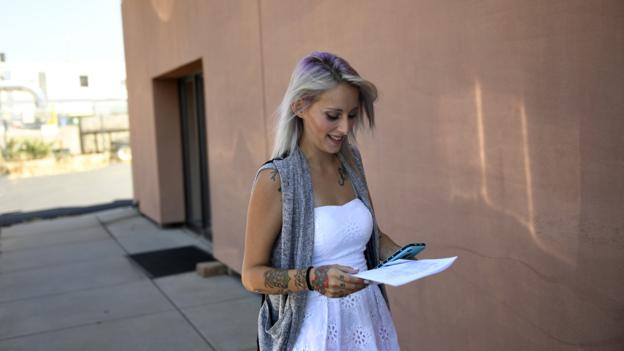
For instance, the successful applicant might have to get up early to start a shift on time or deal with a higher workload when the weather is bad. How do they feel about that and how would they go about it? The survey might also ask detailed questions about how the candidate would attempt to solve a problem should something unexpected happen.
Such questions are about competency but also cover professional attitude. They could simply be asked during a face-to-face interview, but Platts’ big idea is to bring them up within simulations so that candidates can be screened at an early stage of the job application process.
Employers might as well start selecting for cultural fit as soon as they can, argues Platts. And he says the results speak for themselves: “Candidates that score ‘excellent’ or ‘good’ on our assessment are three times less likely to leave in the first 90 days.”
A scoring system is agreed with each client in advance, so that the algorithm can determine how well a candidate has answered a given question. The tool might also deduct a few points should the candidate respond very slowly to questions, for example. But Platts says there is a “full audit trail” so that the decisions made by the system can be traced afterwards if necessary.
Social media search
Part of the challenge in finding the right person for a job is getting the ideal candidates to apply in the first place. Data analytics is helping source prospective employees based on cultural fit in this way, too, says Marilyn Tyfting, chief corporate officer at Telus International.
The company (a subsidiary of Canadian telecommunications firm Telus) hired more than 25,000 people in 2019, with 30% sourced from social media, including Facebook and Instagram.
Telus International’s employees provide phone support to the customers of third-party clients. For example, a company that makes video games might pay for Telus’s staff to help gamers who are having trouble completing a new game.
For that kind of role, Telus wants employees who have gaming experience themselves. The company uses an automated system to flag up social media profiles that indicate a person has some connection to gaming. That could be based on the accounts they follow or the links they post. If the individual’s social media account is open, they can be contacted directly. If it’s private, Telus might send them a private message to ask if they’d like to discuss work opportunities.
from Hacker News https://ift.tt/3cl0POu
No comments:
Post a Comment
Note: Only a member of this blog may post a comment.